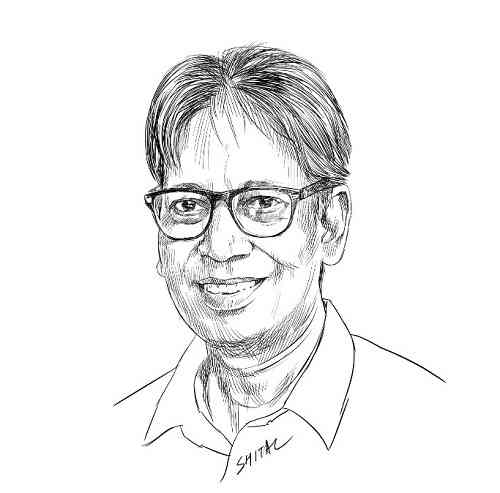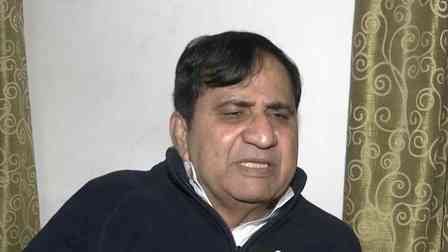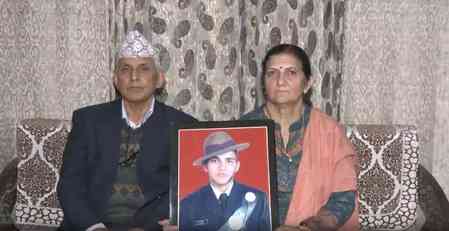Will vote banks also shift with the changing loyalties of political leaders?
In the current political landscape, it is not uncommon for political leaders to shift their loyalties from one political party to another in pursuit of power politics. Recently, Mohinder Bhagat, a senior leader and spokesperson of the Bharatiya Janata Party (BJP) in Punjab, and son of three-time former Punjab Minister Bhagat Chuni Lal, switched his loyalty from the BJP to the Aam Aadmi Party (AAP).

In the current political landscape, it is not uncommon for political leaders to shift their loyalties from one political party to another in pursuit of power politics. Recently, Mohinder Bhagat, a senior leader and spokesperson of the Bharatiya Janata Party (BJP) in Punjab, and son of three-time former Punjab Minister Bhagat Chuni Lal, switched his loyalty from the BJP to the Aam Aadmi Party (AAP). Similarly, former Member of Legislative Assembly (MLA) Surinder Singh Chaudhary, who had resigned from the Congress Party to join the AAP, has now rejoined the Congress Party in less than a week. While political parties keep their options open for newcomers, the question arises whether the vote bank also shifts to the party to which the political leader joins. The trend of changing loyalties, resigning and joining political parties back and forth has become common these days, and is often referred to as "Aaya Ram Gaya Ram" in political parlance. However, such shifting loyalties sometimes put the staunch supporters of political leaders in a dilemma, and party workers have to face the repercussions of their leader's decision. Loyal party workers may face tough times as the party high command may start ignoring them, as they were loyal to the leader who shifted their loyalty. It cannot be denied that in the coming days, more such shifts of loyalties by political leaders may take place.
SIDELINING SENIOR PARTY LEADERS AND WORKERS
In the current political scenario, in order to promote youth participation in politics, senior party leaders and workers are sometimes ignored by the leadership of political parties. While senior leaders of political parties often deny the existence of any groupism within their party and term it as one big family, differences and infighting among leaders for supremacy within the party are sometimes witnessed on political stages. Senior political leaders and workers have extensive experience in political maneuvers and in motivating the masses through their speeches. It is time for the youth to follow the guidance of senior party leaders rather than sidelining or ignoring them. After all, the experience and wisdom of senior leaders can be invaluable to political parties to which they are affiliated.
FLATTERY MAY LEAD TO EASY PROMOTIONS/ADJUSTMENTS
In the current scenario, flattering has become an easy means for promotions or adjustments within political parties. However, the old political leaders and workers are the assets of the political parties they are affiliated with. If senior leaders and workers are sidelined, it may ultimately result in adverse consequences for the political party. Political parties should refrain from political vendettas, as the change of power is a natural law and the direction of the results and power cannot be predicted, as voters are the true heroes in a democracy who express their verdict through their votes.
In my opinion, changing of loyalties is the prerogative power of political leaders who are navigating their way through power politics. However, how long this type of politics will continue cannot be predicted, as the ultimate power lies in the hands of the voters who, through their votes, announce their verdict.
Authored by:
Rajat Kumar Mohindru,
Senior Journalist,
Jalandhar City.


 Rajat Kumar
Rajat Kumar 









